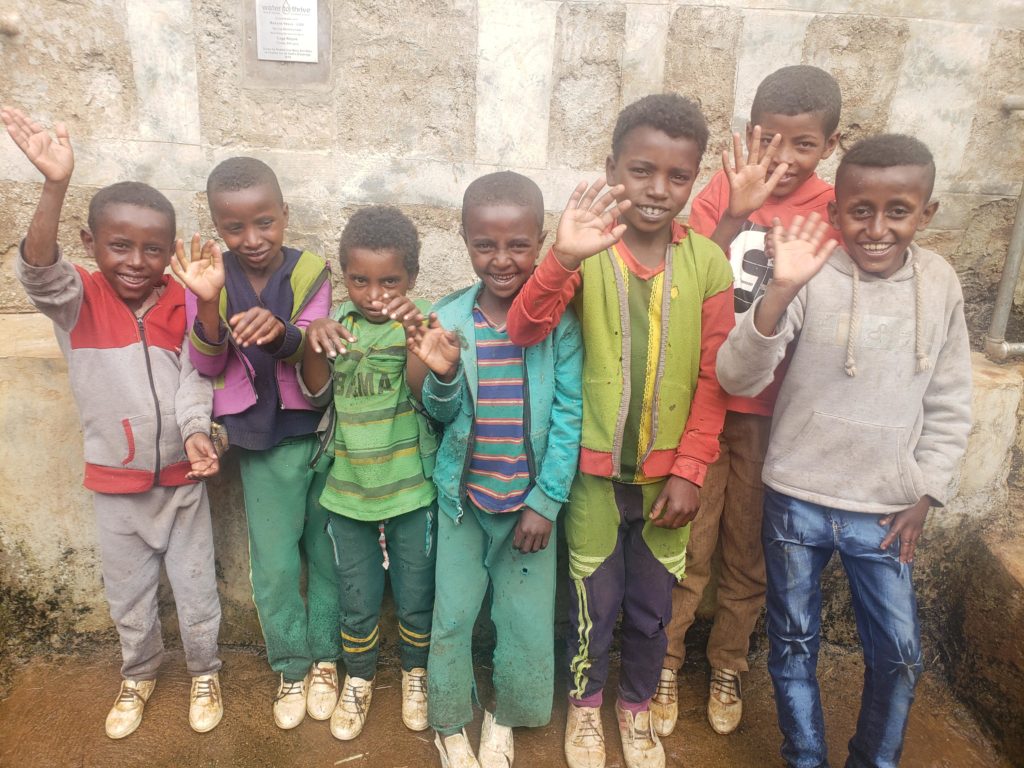
Feb. 11-14.
Our travels took us to the west of Addis, the capital of Ethiopia. The landscape is a stark contrast to what we’ve witnessed in the north. This area is hilly, but much greener and more humid. There is a chill to the air in the mornings that quickly warms up as the sun makes it appearance.
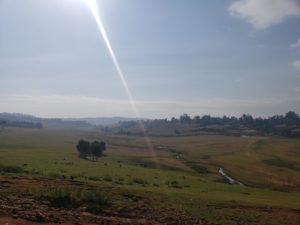
In addition to their coffee, Ethiopians love meat in all its forms; raw, roasted, stewed and from all the creatures. They call it tibs and they serve it poured onto a platter with injera (they basically eat injera with every meal) and berbere, which is an Ethiopian spice. Personally, I’m amazed at their ability to consume food. After a hearty breakfast of several platters of meat, we visited our first well site, and the village served us more injera and more meat, so our partners ate again.
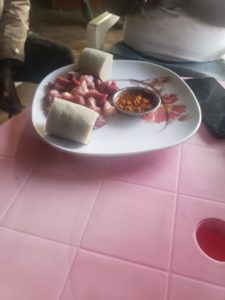
The wells we visited these two days were with our partners, Mekane Yesus and Central Gibe Synod. All of the projects have been spring protection wells. Basically, where a natural spring exists, the spring is capped and filtered and then the water flows to a storage tank with taps. When there is overflow, some of the projects include wash basins and water troughs for their animals.
The issues with the previous water source were common in this area and included the issue of leeches. Apparently, the leeches are small enough that they are consumed with the water and then can attach to their victims’ throats. Several of the villages we visited shared similar stories.
~
I wanted to do a little research on leeches. Ingesting leeches can cause anemia and other complications, including death. The cause of death is suffocation and animals who ingest infected waters can suffer the same fate. Each trip, I learn something new and although I’ve seen leeches and know they are blood suckers and icky, I never knew that they could be swallowed and could lead to death. As a friend once shared with me after some personal disappointment, “Hey, I have clean water, food and toothpaste.” Amen, sister.
We are moving to the south tomorrow for more site visits and undoubtedly more coffee, injera, words of gratitude, handshakes and smiles.
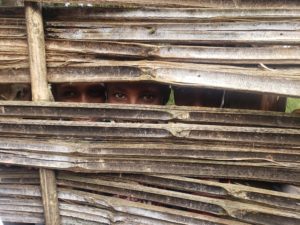
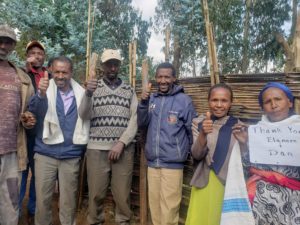

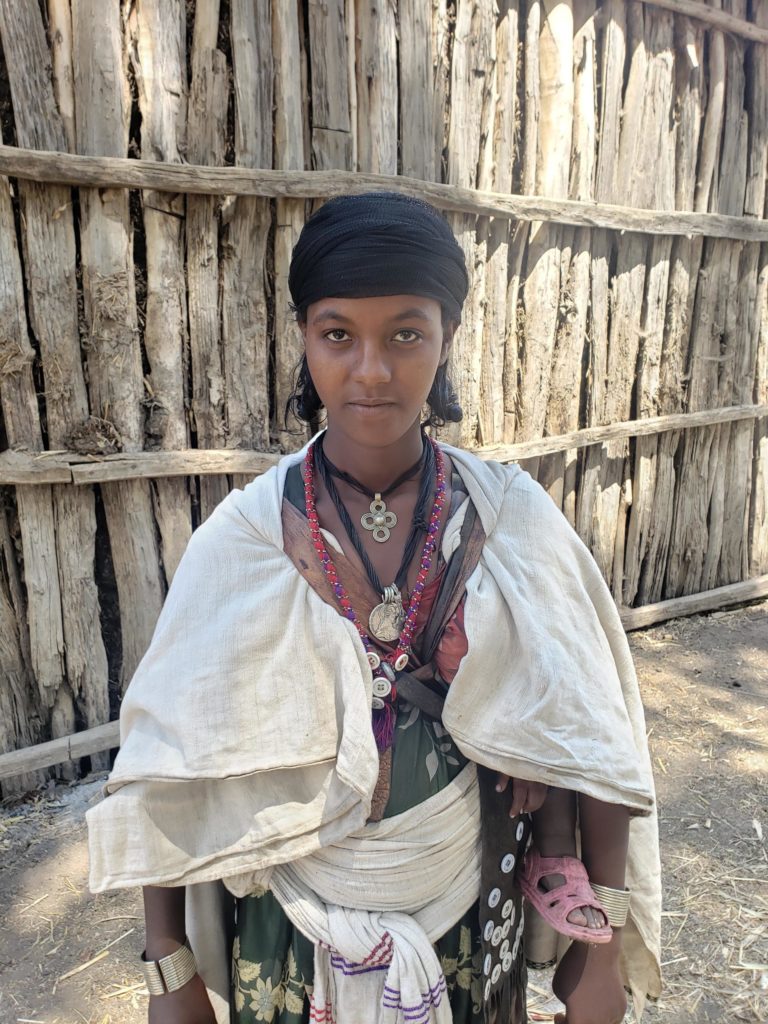
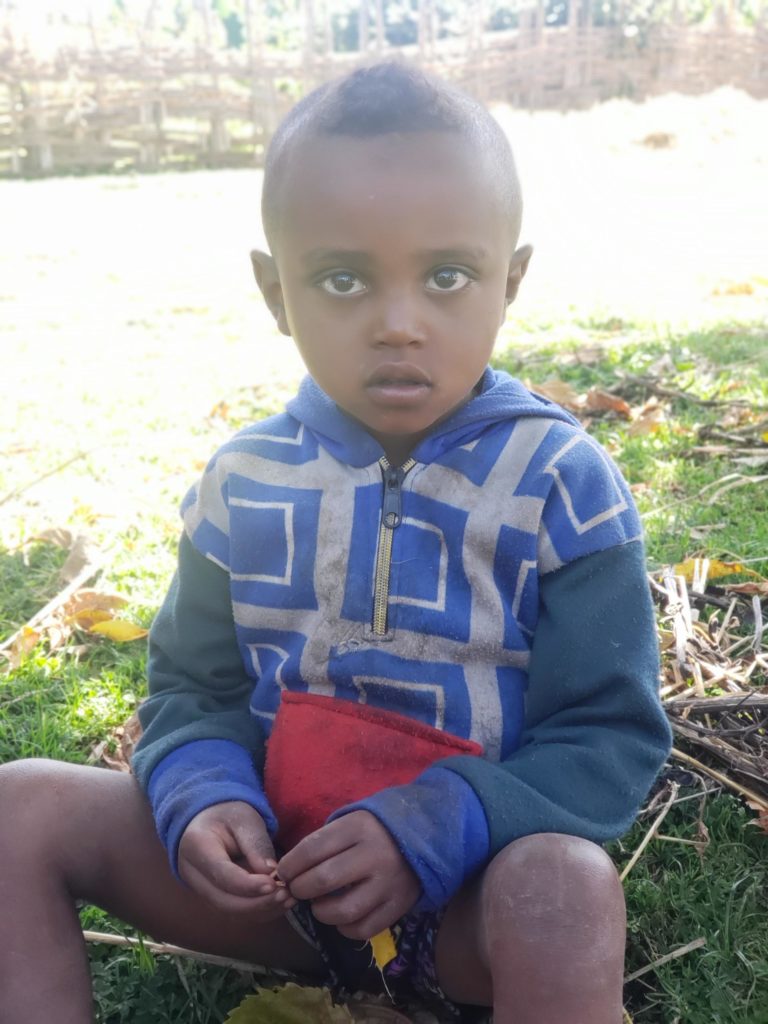
About The Author: Water to Thrive
More posts by Water to Thrive